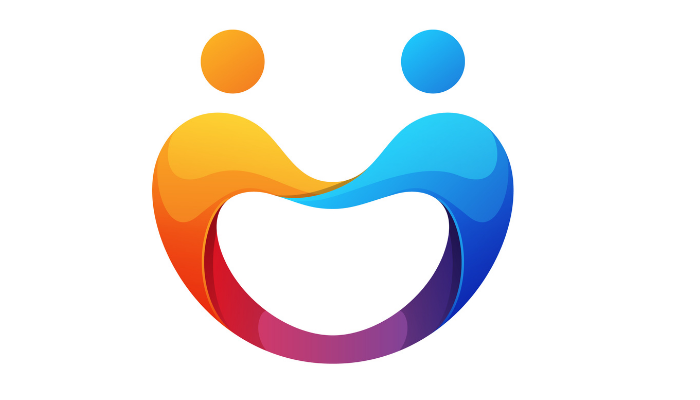Rethinking inclusion is like the re-evaluation of any other workforce metric. When conducted with empathy and sensitivity toward the trending needs of each unique body of workers, it yields the desired results and improves employee experience.
As such, rethinking inclusion is necessary from time to time. In the post-crisis era where the workforce is spread out and making the best of collaboration while working from different locations, the corporate sector can strengthen itself by keeping an ear to the ground in the disability network. These efforts are greatly supported by the India Business Disability Network (IBDN) which allies itself with the International Labor Organization (ILO) and the Employers’ Federation of India (EFI). These outfits help the IBDN listen and execute employee-friendly policies. They endeavor to help Human Resource Departments craft policies in a changing environment. They work to dispel myths and unify the strength and dignity of people with disability in the workplace. Their role is crucial because they can broach sensitive or unaddressed topics and cover questions on precedents and best practices.
You might also be interested to read: Diversity And Inclusion Produce A Better Workplace Culture
Once traction for this cause as a seed is sowed, differently abled employees and their managers are able to discuss possibilities to improve their work situation without worrying about undue fallouts on either side. Rethinking inclusion and the repercussions of changing work scenarios necessitate transparent dialog – and this is a crucial skill set within the purview of the IBDN.
Rethinking inclusion melds into mainstream human resource planning
With several organizations moving their operations to the virtual plane, the foremost change of working from home is a great relief to people with disabilities. They can continue to discharge their duties in a familiar, trusted environment, stay away from the risk of transmission of the coronavirus, and continue to play a meaningful role in their organization’s efforts to combat the effects of the pandemic. Flag bearers of inclusion have found ways to collaborate on projects, celebrate milestones, and contribute to new suggestions on how to make the lives of people with disabilities easier in this changeful climate. Rethinking inclusion can involve games and challenges that differently abled employees can participate in for recreation. Such activities can acclimatize the worker to a new collaborative tool or SaaS package that they go on to use for business.
The other aspects are the creation of job opportunities for differently abled people, making applicants aware of them through dedicated portals and networks. This is already in place in India. For instance, the independence of differently abled employees is seeded and strengthened through www.disabilityjobs.gov.in This site makes training avenues and recruiter profiles available to prospective applicants. They have ability-centered diagnostics, skill-building, career-boosting services, and resources based on the type of disability. A range of cognitive paces and comprehension abilities can be addressed by rethinking inclusion. This is exactly what organizations, and the society on a larger scale, recognize as an imminent need for India Inc.’s advancement.
Where societies of the past weren’t sure how to harness the energies of people with autism, learning disabilities, or surmountable areas of non alignment with the majority, they now are proactively rethinking inclusion. Latent skills of focus and concentration, ability to pursue goals, and eagerness to bridge skill-gaps help affirm the dignity of people with disability. Furthering this actively are self-employment and education loans and financial planning tools formed with an inclusive approach. Cohesive efforts to help differently abled people lead meaningful, gainfully-employed lives is crucial to the economy.
References:
- How India Inc is rethinking inclusion during pandemic | Livemint | Rashmi Menon | Dec 03, 2020
- Making Inclusion a priority for India Inc. | ILO Global Business and Disability Network | Jan 02, 2020
- Career options for people with disabilities | Deccan Herald | Lt Gen SM Mehta | May 13, 2020
You might also be interested to read:
Related Topics:





